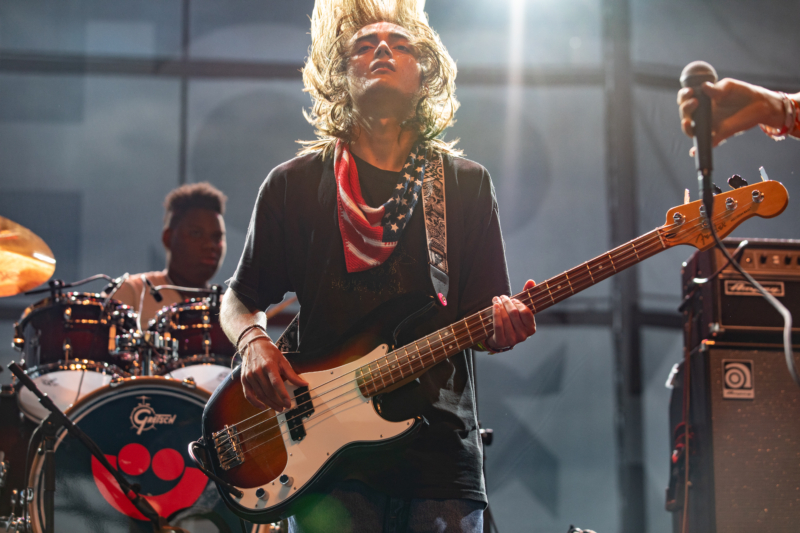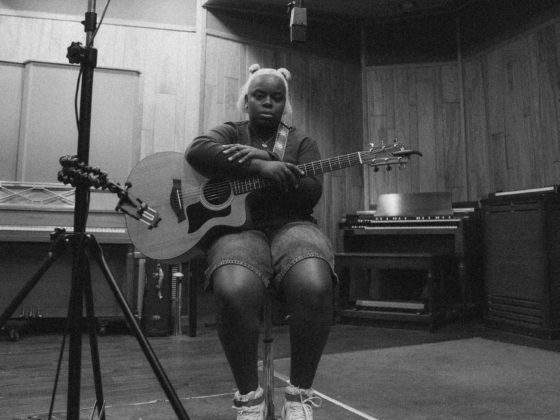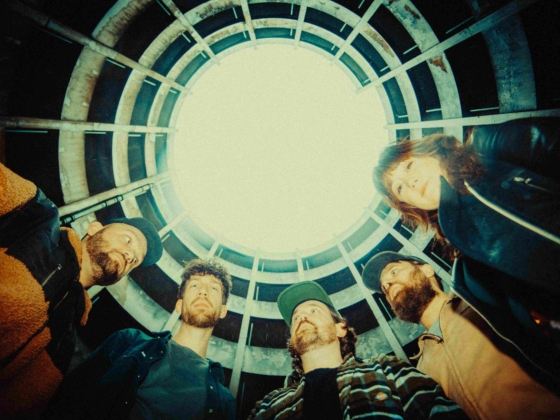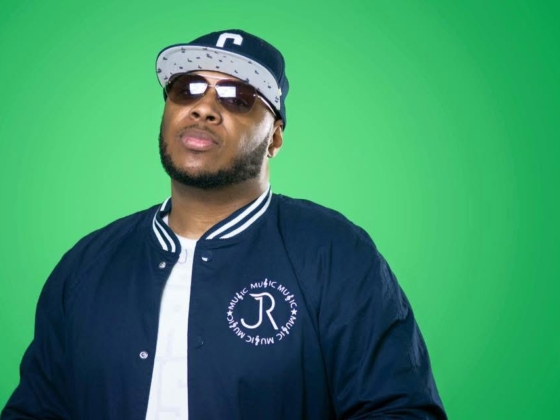School of Rock, the largest youth music program in the United States, has redefined what music education can be. Founded in 1998 in Philadelphia, this once-small music school has transformed into a global movement with over 400 schools in 17 countries and more than 67,000 students. Their mission remains rooted in empowering young musicians to develop technical abilities, creativity, confidence, and collaborative skills.
The program’s innovative approach to music education stands out with its focus on live performance and song-based learning. Rather than traditional lessons, students are immersed in the experience of playing in a band, culminating in live shows at real venues. This “SongFirst” methodology teaches students musical techniques and theory through songs they already know and love, making learning more engaging.
Boasting an impressive list of alum, School of Rock has helped launch the careers of artists like Madison Beer, Blu DeTiger, and Hippo Campus. With an emphasis on preparing students for the stage, School of Rock continues to be a launching pad for the next generation of talent, inspiring young musicians to achieve new heights in their craft.
EARMILK spoke with Stacey Ryan, President of the School of Rock, to learn more about their programs that are changing the music industry.
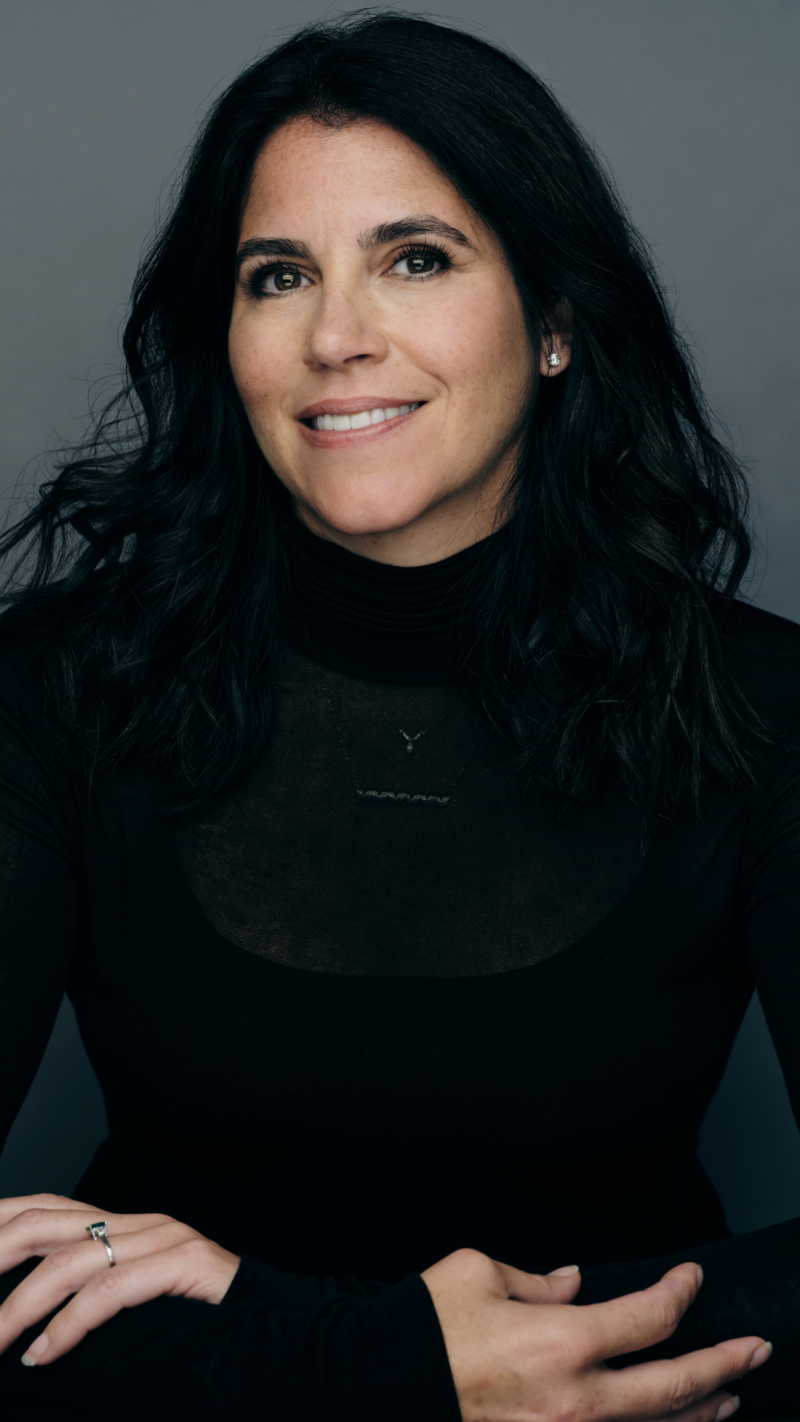
School of Rock has produced some impressive talent. What elements of the curriculum do you believe are most crucial to helping students reach this level of success?
At School of Rock, we recognize that the journey to success isn’t just about technical skills; it’s about nurturing the whole artist. Our curriculum emphasizes several key elements that work together to cultivate exceptional talent. Our patented School of Rock Method™ is central to this, featuring our SongFirst™ approach, which encourages students to learn through the music they love. This fuels their passion and engagement, making the learning process feel joyful rather than a chore. By starting with songs that resonate with them, students become more invested and authentic in their practice. This method is reinforced by our proprietary Method Books and Method App, which provide structured yet flexible learning tools.
We also emphasize collaboration through our performance-based approach. Playing in a band not only sharpens musical skills but also fosters teamwork, communication, and leadership. Students learn to listen, adapt, and perform cohesively—skills that are invaluable in both the music industry and everyday life.
Lastly, our extensive performance opportunities, from local showcases to the AllStars Tour, are crucial milestones in our students' journeys. These experiences push students beyond their comfort zones, helping them develop confidence, resilience, and lifelong friendships. On tour, they take on responsibilities such as loading in and out, respecting their bandmates, and showing gratitude to everyone involved. By teaching both technical excellence and essential life skills, we prepare our students to navigate challenges in the music industry and in all aspects of their lives.
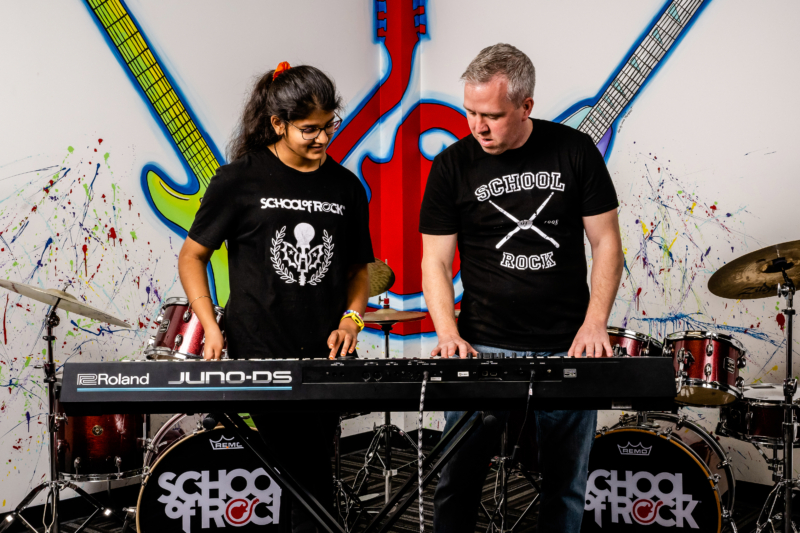
How does teaching through the SongFirst approach help students stay engaged and develop their skills compared to more traditional methods?
The SongFirst™ approach is rooted in the understanding that music is a deeply personal and emotional experience. Traditional methods often focus heavily on rote learning and technique, which can be boring for many students. We start with songs that students are passionate about—whether it’s a current pop hit, a classic rock anthem, or an indie favorite. This connection to their interests motivates their enthusiasm to practice and explore their instruments in ways they otherwise wouldn’t.
This approach is much more seamless. It combines music theory, technical skills, individual interest, and personal style into the learning process. As students learn to play a song, their School of Rock instructor will identify musical concepts and technical skills like chord progressions, rhythm, and phrasing without it feeling like traditional 'practice.' They’re not just memorizing; they’re actively engaging with music in a way that feels relevant and exciting to them.
School of Rock has grown exponentially from a single location to almost 400 schools across 17 countries. What would you say are the core values that have helped maintain quality and consistency across such a global expansion?
At the heart of our philosophy is the belief in the power of music to transform lives. Our mission is to be a growing, passionate community dedicated to enriching lives through performance-based music education. Our mission is underpinned by a set of core values such as belonging, collaboration, safety, and creativity, which guide every location.
Belonging is essential; we strive to create an inclusive environment where every student feels welcomed and supported as they explore their musical journey. Collaboration emphasizes the importance of teamwork, both among students as they form bands and within our staff as we collectively inspire and educate. Safety is a top priority, ensuring a secure and nurturing environment where students and staff can confidently pursue their passion for music.
Creativity is a driving force, encouraging students to express themselves artistically while achieving proficiency through our structured yet dynamic curriculum. By fostering a safe and collaborative community, we empower our instructors and franchisees to uphold these values, promoting personal and musical development.
We provide extensive training and continuous support to ensure that every franchisee can adapt our mission to their local context while maintaining the core School of Rock values.
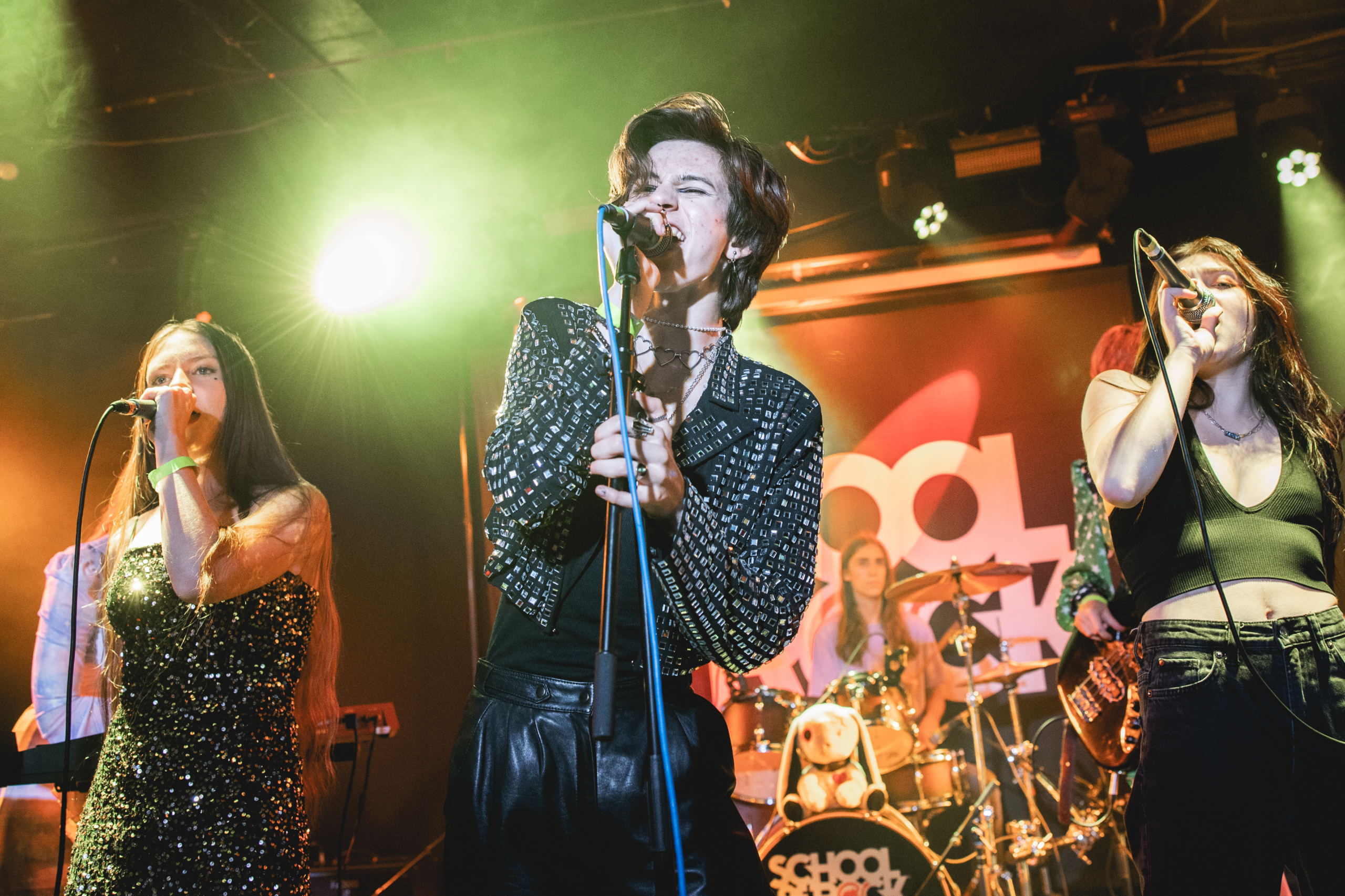
How do you think live performances impact students’ confidence and musical growth?
Live performances are the lifeblood of the School of Rock experience. They serve as critical milestones that foster personal and musical growth in profound ways. When students take the stage, they are presented with an opportunity to confront their fears and showcase their hard work. This experience is transformative; performing in front of an audience builds confidence that transcends music.
A prime example of these values in action is our AllStars program, the pinnacle experience for our top young musicians. This annual nationwide tour brings together nearly 200 of our brightest talents from around the world, who perform on prestigious stages across the U.S. while raising awareness for the Society for the Prevention of Teen Suicide.
Beyond the performances themselves, the AllStars tour provides a unique environment for growth: students leave the comfort of home to experience life on the road, where they manage the demands of loading in and out, working through exhaustion, and still giving their best on stage. They learn to push their limits, balance the challenges of a rigorous schedule, and embrace the camaraderie that forms in shared experiences, creating lifelong memories and friendships.
These performances and experiences teach students how to handle nerves, manage expectations, adapt in real-time, and develop a strong sense of perseverance and dedication—all skills that are invaluable not only in music but in any public-facing endeavor.
As the largest youth music program in the U.S., what responsibility do you feel School of Rock has in shaping the future of the music industry, especially with so many young artists launching their careers through your program?
School of Rock is the most revolutionary music education school in the world, and we take our influence seriously. With so many young artists launching their careers through our program, we recognize our role in shaping the future of the music industry and feel a deep sense of purpose in preparing students for life, whether they pursue a career in music or not.
Our first responsibility is to nurture emerging musicians by equipping them with the skills, knowledge, and passion needed to thrive in an ever-evolving landscape. We emphasize adaptability, resilience, and innovation, empowering students to confidently navigate challenges and seize opportunities, both in music and beyond.
Equally important is instilling a sense of community and social responsibility. We encourage our students to use their music as a force for good, engaging in charity performances, outreach programs, and promoting positivity and inclusion. By doing so, we help shape individuals who understand that their impact can extend far beyond personal success, contributing to a larger narrative that benefits and uplifts society as a whole.
Learn more about School of Rock: Website | Instagram | Facebook | YouTube | TikTok | X

